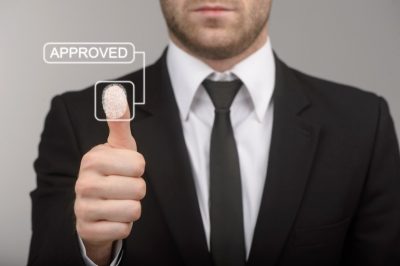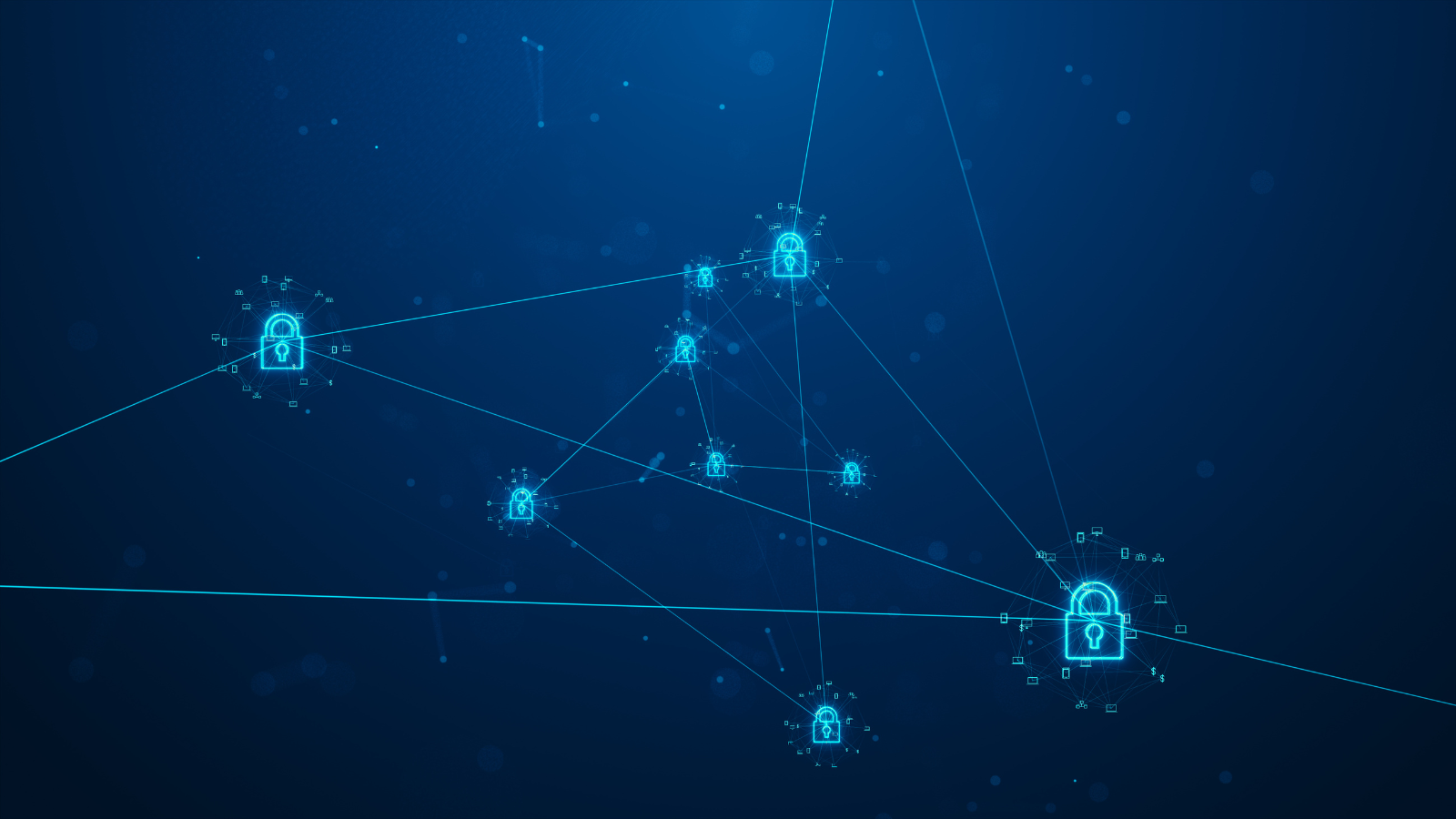Will our digital persona be enough to complete financial transactions?
Iago, Shakespeare’s most sinister villain, expresses the idea that someone’s “good name” is his best asset. During a conversation with Othello, the character states that stealing someone’s money wouldn’t mean much, but stealing his reputation would make the thief richer and the victim much poorer.
In the new economy and modern society, the reputation Iago was talking about is actually our identity and is being used as a means of recognition, of creating trust and also transparency when it comes to individual interactions. However, as a result of significant technological advance, our identity, and in particular, our digital identity, can also be used for identification in connections or transactions from computers, mobile phones and other personal devices. In other words, we can dream of a new online experience in which our identity will play a major part.
Changes in the financial industry seem to point out that cash will eventually become redundant and other digital currencies will take its place. The question then arises “could our online identities be the new digital currencies that we use for financial transactions?” The idea that the future of money is linked to the future of identity is also thoroughly covered by thought leader David Birch. In his amazing book called “Identity is the new money”, David argues that the evolution of social networks and mobile phones will enable the creation of an identity infrastructure that can enable both privacy and security.
But before we dig into this, let’s see what exactly is digital identity. Digital identity is the network or internet equivalent to the real identity of a person or entity like a business or government agency. Trusting the link between a real identity and a digital identity first requires someone to validate the identity, or in other words, to prove they are who they say they are. Once established, using a digital identity involves some type of authentication which is a way to prove it is really you when using digital connections like the internet. The more valuable the digital identity, the more work required to validate it and establish secure authentication.
The concept of digital identity is changing the global economy, enabling faster and more convenient interactions between organizations and individuals. Additionally, as previously stated, the identity paradigm is also fostering innovation in the financial sector. Corporates and even banks are considering using digital identities to facilitate transactions. Since consumers spend more and more time online it is only normal that business also try to communicate with them using the internet. La Caixa Bank, for instance, has created its own social networks and developed a service that allows clients to link their Facebook account to their bank account. Therefore, this means their clients will use their social networking (digital) identities to authenticate and conduct financial operations.
Every time we go online, we leave a digital trail. Everything we do online, whether we are talking about a credit card transaction, an email address to register for a product or a social security number we add to an application form, makes up our digital identity. With the evolution of technology and disruptive innovations in business, commerce and government, our digital persona might become one of the greatest traded commodities of the future.




